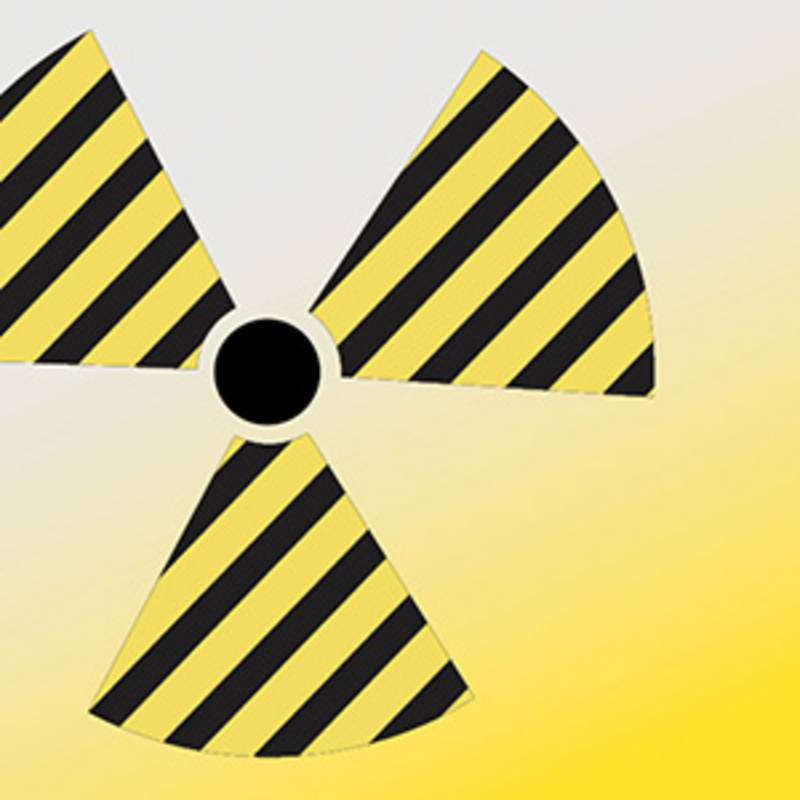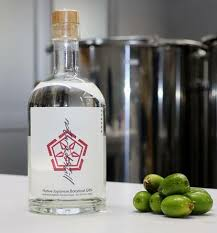Willkommen auf der Seite der "Textinitiative Fukushima"
Die Seiten der Textinitiative Fukushima werden derzeit von der Japanologie der Goethe-Universität betrieben. Gegenwärtiges Anliegen von TIF ist die zeitgeschichtliche Dokumentation. Das Forum dient nun in erster Linie als Archiv für Informationen zu 3/11 sowie allgemein zur Geschichte des Atomaren. Die Suchfunktion ermöglicht Recherchen zu Stichworten, Inhalten und Akteuren.
| ARTE Reportage: Giftwasser aus Fukushima (November 2025) | 13.01.2026 |
"Einen Tag lang war im Juli dieses Jahrs Tsunami-Alarm in Japan – das reichte, um das Trauma des 11. März 2011 wieder aufleben zu lassen, die Angst vor einem neuen GAU im Kraftwerk Fukushima Daichi. 2011 ließ ein Tsunami drei Reaktoren im Kraftwerk Fukushima explodieren. Nach Tschernobyl war dies der zweitgrößte nukleare Unfall. "In Fukushima lagern bis heute noch Hunderte Tonnen radioaktiver Trümmer von 2011. Wie sieht diese Region fünfzehn Jahre später aus? Ist es heute möglich, dort zu leben und unter welchen Bedingungen? Cécile Asunama Brice, Soziologin und Forscherin am CNRS in Japan, nahm unser Team mit auf die Straße 114, die wegen der Verstrahlung lange Zeit gesperrt war. An dieser Straße liegen verlassene Dörfer, tausende Säcke mit kontaminierter Erde lagern dort, sie führt vorbei an Wäldern, deren Böden noch für Jahrhunderte Radionuklide wie Cäsium 137 enthalten werden. Sie trafen dort Menschen, die seit dem GAU gegen die Desinformation durch die Regierung kämpfen. Die Reise endet am Pazifischen Ozean in der Nähe des Kraftwerks Fukushima Daichi. Dort leeren sie die alten Tanks mit dem radioaktiv verstrahlten Kühlwasser der Reaktoren in den Ozean, gegen den Widerstand von Fischern und Nachbarländern. Über 880 Tonnen radioaktiver Trümmer liegen noch immer in den beschädigten Reaktoren. Sie sind ein reales Risiko für die Region, denn der Rückbau des Kraftwerks kann über 40 Jahre dauern." 26 Min., verfügbar bis zum 18/06/2028 Sendung vom 05/11/2025 Link: https://www.arte.tv/de/videos/123322-000-A/japan-giftwasser-aus-fukushima/ |
|
| Artikel zu Kunst nach Fukushima in der FAZ (Januar 2026) | 10.01.2026 |
Leider hinter der Bezahlschranke gibt es es einen Artikel von Steffen Gnam zum Thema "Kunst nach Fukushima : Scheint ein zu moderner Betrieb zu sein". Zitat: "Die Leute haben Schutzkleidung an: Theresa Deichert führt in einem Düsseldorfer Vortrag vor Augen, wie japanische Künstler nach der Reaktorkatastrophe von Fukushima die Wiederaufnahme des Raubbaus konterkarierten." Link: https://www.faz.net/aktuell/wissen/geist-soziales/theresa https://kultur-digitalstadt.de/personen/theresa-deichert/ (Profil T. Deichert) = |
|
| Regisseur und Photograph Motohashi Seiichi 本橋成一 stirbt mit 85 | 08.01.2026 |
"TOKYO (Kyodo) -- Japanese photographer and film director Seiichi Motohashi, known for documenting villagers living in the aftermath of the 1986 Chernobyl nuclear disaster, has died of old age, his family said Monday. He was 85.(...) The documentary film "Nadya's Village", which featured people living in regions contaminated by radiation following the Chernobyl disaster, was released in 1997. His 2002 film "Alexei and the Spring" also focused on villagers living in the same conditions." (Mainichi Japan, 5. Januar 2026) Links: https://mainichi.jp/english/articles/20260105/p2g/00m/0et/026000c |
|
| IPPNW Tagung Stuttgart am 7. März 2026 | 02.01.2026 |
"Diese Tagung widmet sich den bis heute anhaltenden, teils verheerenden Folgen der beiden größten Atomunfälle der Geschichte. Sie wirft einen kritischen Blick auf Gegenwarts- und Zukunftsthemen der Atomenergie. Mit Stimmen und Eindrücken aus den von den Reaktorkatastrophen betroffenen Regionen sowie internationalen Expert*innen und Engagierten. Die Tagung findet im Bürgerzentrum Stuttgart West, Bebelstraße 22, 70193 Stuttgart statt." Links: https://www.ippnw.de/atomenergie/artikel/de/15-jahre-fukushima-40-jahre-tscher.html |
|
| Gin aus Fukushima | 29.12.2025 |
"Founder Sota Oshima runs the naturadistill Kawauchimura Joryusho distillery in Kawauchi, a village that was temporarily evacuated in the aftermath of one of the world's worst nuclear crises. The 29-year-old was driven to create a brand that would attract visitors back to the region. "I want to deliver the 'aroma of Fukushima' to the world," said Oshima, who opened the distillery after renovating a pharmacy's unused storage shed in November last year." (The Mainichi, 25. Dezember 2025) Links: https://mainichi.jp/english/articles/20251224/p2g/00m/0bu/024000c |
|
|
1-5 von 815
|
 Thema der Tagung: 15 Jahre Fukushima – 40 Jahre Tschernobyl.
Thema der Tagung: 15 Jahre Fukushima – 40 Jahre Tschernobyl.